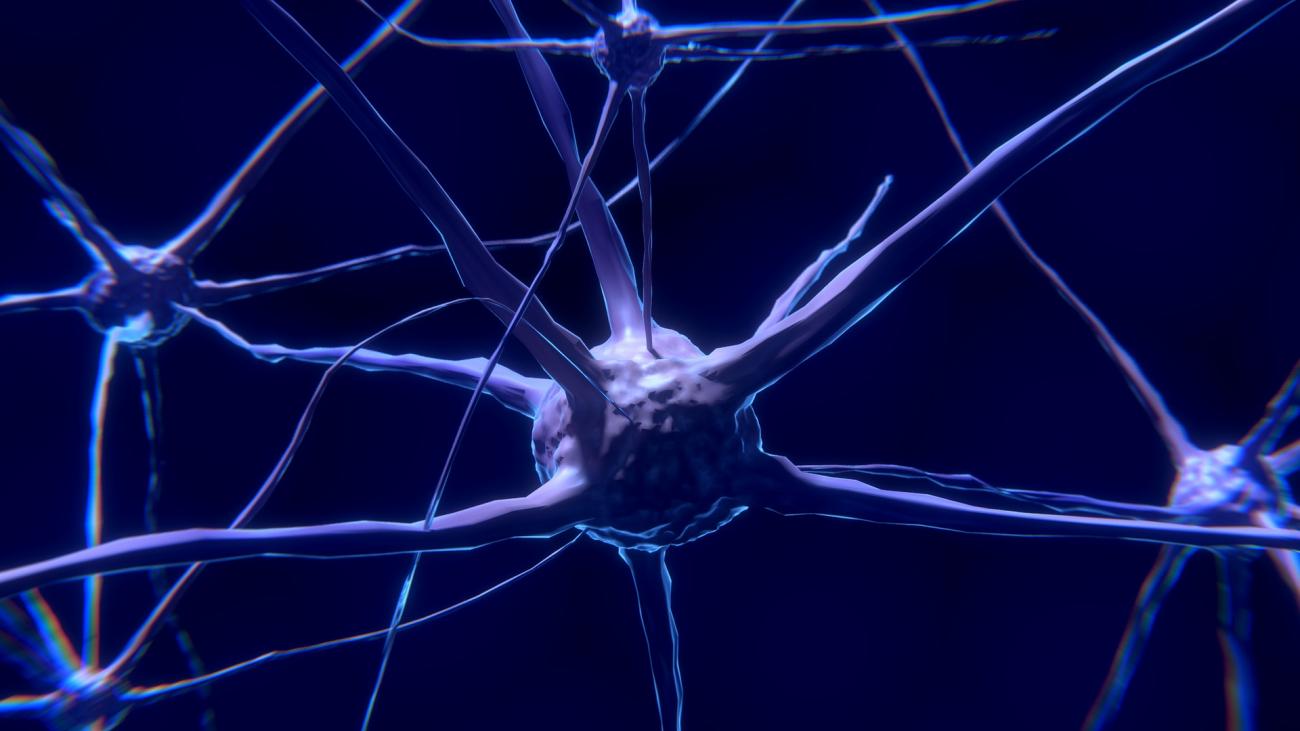Dr. Weizhen Xie is an Assistant Professor in the Department of Psychology and the Brain and Behavior Institute. He obtained his undergraduate degree from Renmin University of China and pursued research training at the University of California, Davis, and the Chinese Academy of Sciences. He then completed his Ph.D. in Cognitive Psychology at the University of California, Riverside, where he studied the neurocognitive mechanism of visual short-term memory precision. Following his Ph.D., Dr. Xie conducted postdoctoral research on semantic knowledge and episodic memory at the National Institute of Neurological Disorders and Stroke (NINDS) before joining the University of Maryland. Dr. Xie's research is interdisciplinary, drawing from experimental psychology, neurology, and neurosurgery, and focuses on the cognitive neuroscience of human memory. His work has been funded by the National Institutes of Health (NIH), including the NINDS Competitive Postdoctoral Fellowship Award (Intramural F32) and the NIH Pathway to Independence Award (K99/R00).
Areas of Interest
- Experimental Psychology
- Cognitive Neuroscience
- Memory and Cognition
Degrees
-
Ph.D.Cognitive Psychology, University of California, Riverside
-
M.A.Psychology, University of California, Riverside
-
B.S.Applied Psychology, Renmin University of China
Dr. Xie leads the Laboratory for Integrative Cognition and Neuroscience (ICON lab), which is dedicated to exploring the intricate relationship between the human brain and cognition, with a particular focus on memory in both healthy and aging/clinical populations. The primary objective of the lab is to understand the constituents of the mind, their neurobiological underpinnings, and their impact on overall health. Memory serves as a critical research area for the lab, as it captures the content (what we remember) and process (how we remember) of the mind, providing a foundation for understanding more complex mental phenomena such as social interaction, decision-making, affect, and mental health. To study human memory across different timescales, contexts, and individuals, the ICON lab employs a range of methods, including mathematical modeling, crowdsourcing, fMRI, (i)EEG/MEG, eye-tracking, brain stimulation, and translational approaches. The lab's research investigates the quantity, quality, and subjective values of memories, as well as their underlying neurobiological mechanisms. Additionally, the lab is committed to developing and promoting advanced data analysis techniques for interpreting large-scale behavioral and neural data that arise from its research.




